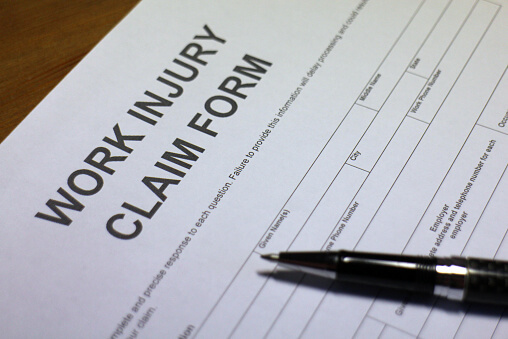Anesthesia is essential to prevent patients from feeling pain during medical procedures, but administering anesthesia is not without risk. Anesthesia errors happen every day, sometimes with fatal consequences. If a mistake happens, it is important to determine if the medical care provider can be held accountable for the anesthesia error.
If the medical care that was provided by the anesthesiologist fell below an acceptable professional level of care that was expected based on the doctor’s background and experience, the anesthesiologist and the hospital which employs him could potentially be liable for the devastating consequences of the mistake.
Anesthesia errors can take many different forms, most of which are actionable medical negligence which can result in a malpractice claim. Some of the most common anesthesia errors which affect patients include:
- Doctors administering too much anesthesia.
- Doctors administering too little anesthesia, resulting in anesthesia awareness (a patient being unable to speak or communicate but feeling pain).
- Doctors delaying the delivery of anesthesia.
- Doctors failing to prevent or recognize adverse drug reactions caused by interactions between anesthesia and certain medications.
- Doctors administering the wrong type of anesthesia
- Doctors failing to determine if a patient is allergic to anesthesia or accidentally administering an anesthesia medication the patient is allergic to.
- Doctors failing to provide proper instructions to patients before administering anesthesia.
- Doctors failing to properly monitor the patient during a surgical procedure in which the patient is under anesthesia.
- Doctors failing to consider the effects patient positioning may have on the patient’s blood pressure, and the blood supply to the patient’s brain (for example, in “beach chair position”).
- Defective equipment or medical devices used during anesthesia.
The consequences of these and other errors can be wide ranging. Damage to the brain, heart, or other organs is a substantial risk of anesthesia errors. A patient can also suffer a wide range of complications caused by an inadequate supply of oxygen, called hypoxia, which can cause brain death if oxygen levels are too low, or the hypoxia lasts too long. If the patient is pregnant and anesthesia is delivered during labor and delivery or any other procedure, the baby may suffer a birth injury known as cerebral palsy. Milder problems caused by anesthesia errors can be ringing in the ears, confusion, and blurred vision, among other symptoms . Abnormal pulse or heart arrhythmia are also possibilities, as is cardiovascular collapse.
Patients could also suffer spinal cord injury causing paralysis, complications with blood pressure, seizures, a stroke, malignant hyperthermia, coma, or death. The specific consequences of an anesthesia error are going to depend on the type of mistakes made when doctors provide anesthesia treatment for the patient, either directly or through a nurse anesthetist-also known as a CRNA.
Contact Our Medical Malpractice Lawyers Today
Whenever anesthesia causes harm to a patient,, the victim or his family will need to prove the damage was caused by negligence in order to prevail in a medical malpractice claim. Surviving patients may pursue a personal injury claim, or family members of those who were killed due to an anesthesia error may make a claim for wrongful death damages. An experienced medical malpractice attorney can provide assistance in taking action when problems with anesthesia arise.

















